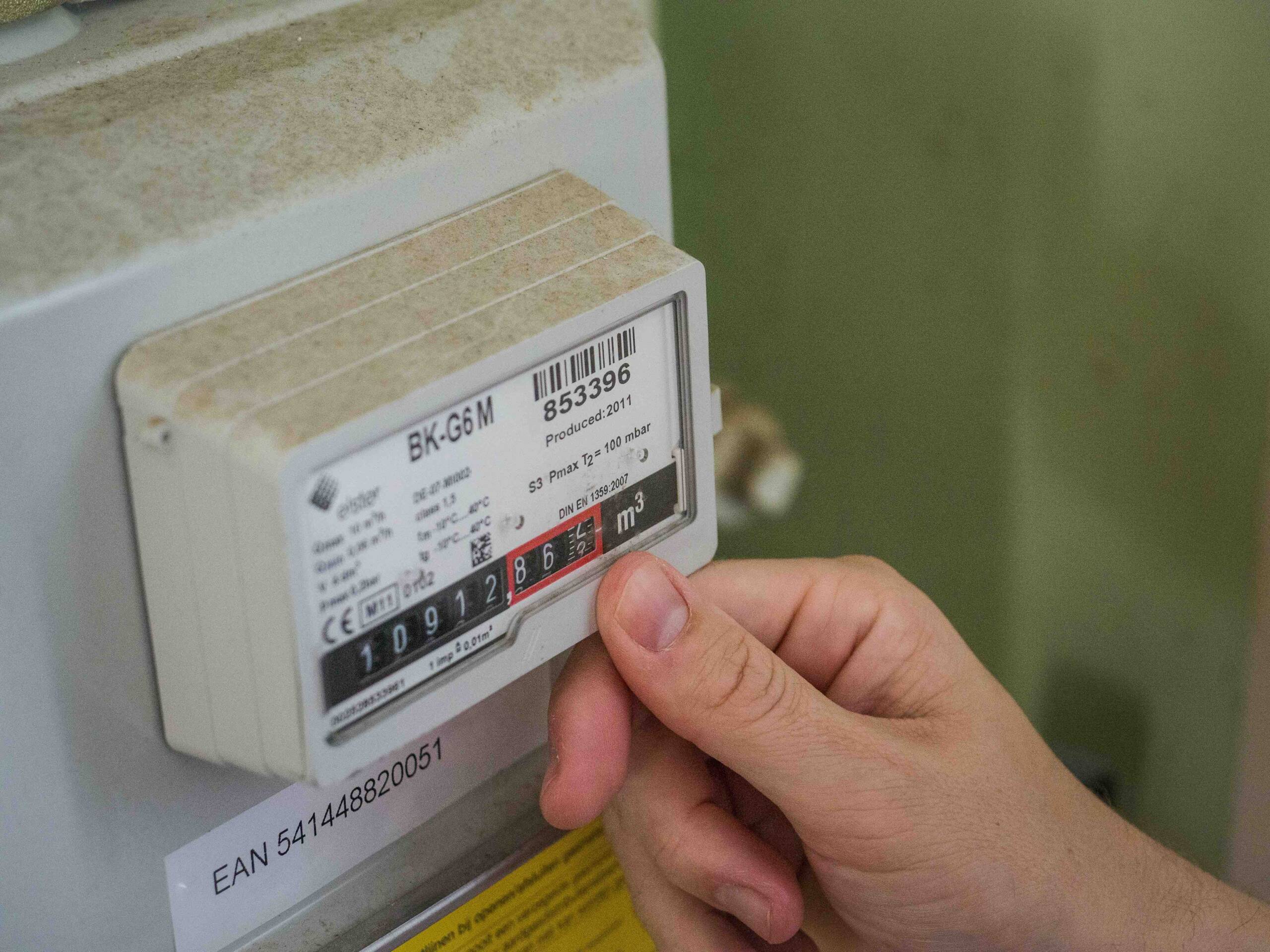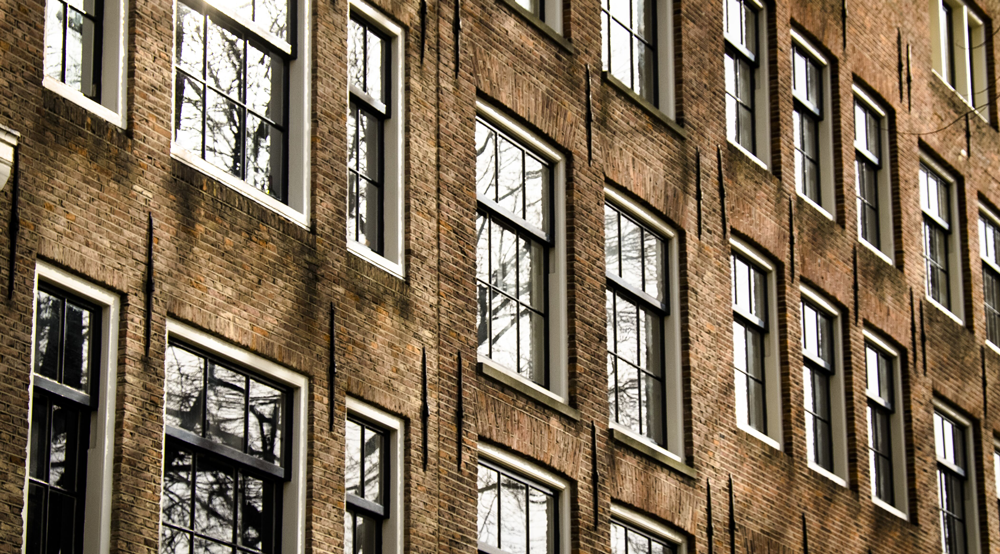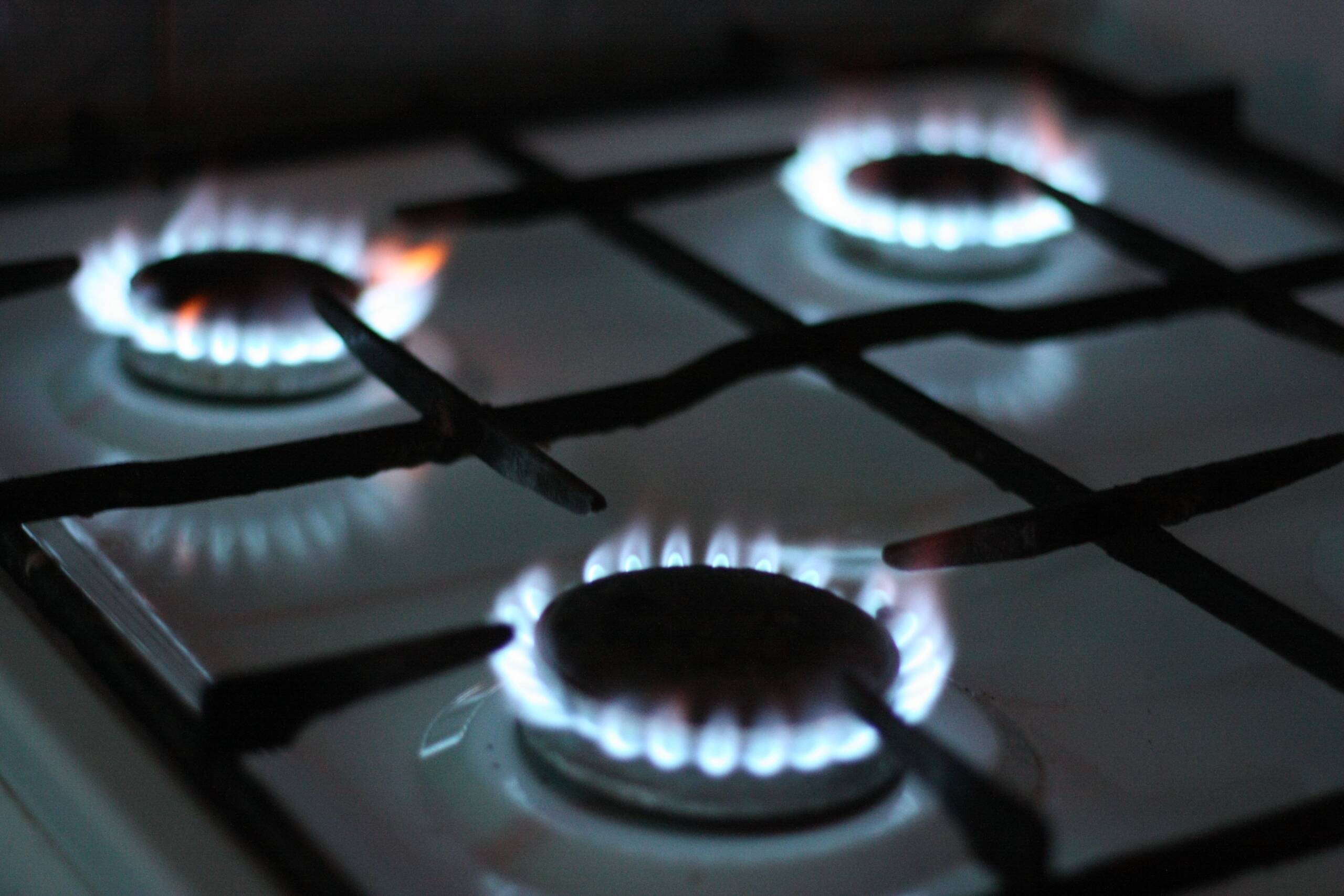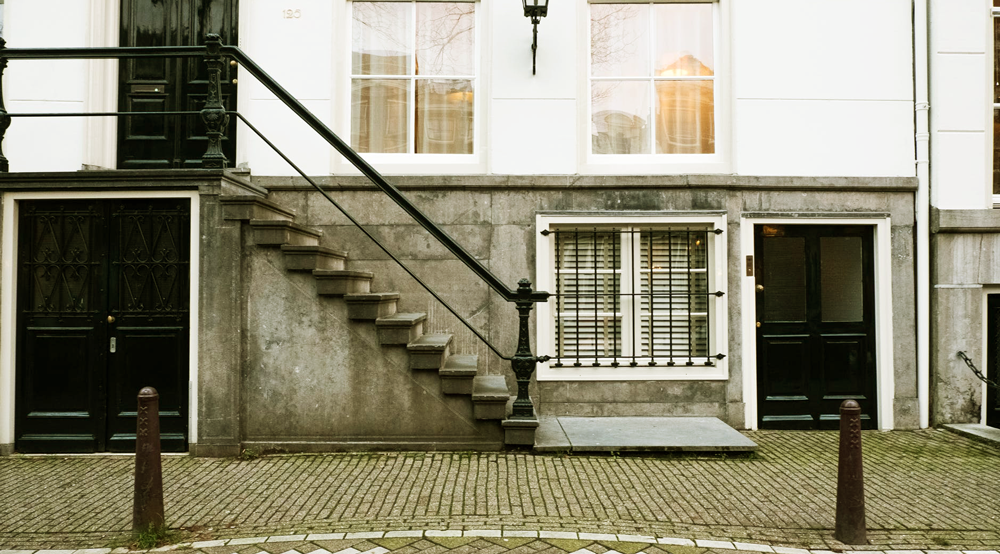Making homes more sustainable is a good idea. But it also costs money. That is why the government provides subsidies for making homes more sustainable. You can get a subsidy for just one energy-saving measure. Previously, you had to take at least two energy-saving measures. Good news for homeowners but also for tenants.
Saving energy is also good for the tenant
For a home improvement, the rent may go up a bit but the landlord’s investment is (partly) compensated by the government, and the landlord may not pass that subsidy on to you. Try to think with the landlord about which measures are appropriate for your rental property. Common improvements include installing double Hr++ glass, floor insulation or an energy-efficient boiler.
Subsidy Scheme for Sustainability and Maintenance of Rental Housing (SVOH)
The Subsidy Scheme for Sustainability and Maintenance of Rental Housing (SVOH) is intended for owners/lessors. They can apply for the contribution. The more different measures the landlord undertakes the higher the eligible amount becomes.











